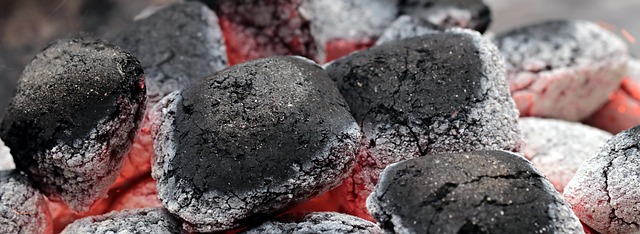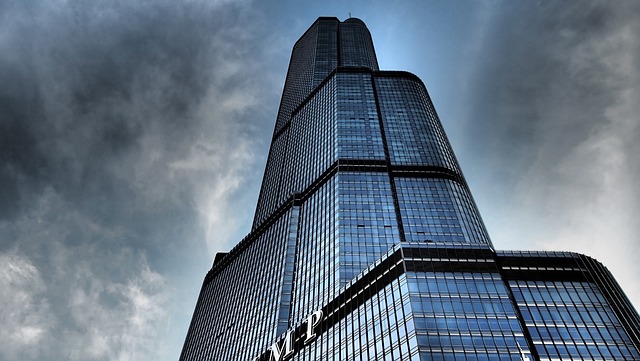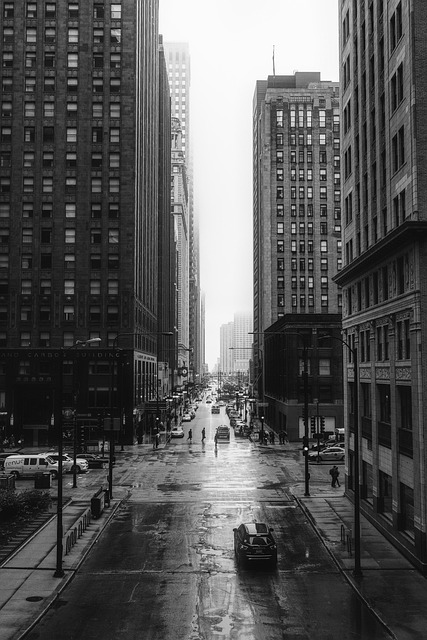Selling a "sell fire damage house Chicago" property requires adhering to Illinois' stringent property disclosure laws. Sellers must disclose all known defects, including historical fires, structural issues, water damage, and mold, while buyers are entitled to detailed information and thorough inspections to make informed decisions. Non-compliance can lead to legal disputes and sale delays; therefore, open communication, a comprehensive inspection, and consultation with a real estate attorney are crucial for a successful transaction.
“Illinois property disclosure laws are designed to protect both buyers and sellers in the real estate market, especially when it comes to selling homes with potential issues like fire damage. This comprehensive guide explores the intricacies of these laws, particularly in Chicago. We clarify what constitutes fire damage for legal purposes and outline the specific obligations of sellers and rights of buyers during a property sale. By understanding these regulations, prospective buyers can make informed decisions, while sellers can ensure compliance to avoid legal consequences when selling a fire-damaged home in Chicago.”
- Understanding Illinois Property Disclosure Laws
- What Constitutes Fire Damage for Legal Purposes?
- Sellers' Obligations: What to Reveal Upon Chicago Home Sale
- Buyers' Rights: Knowing What's Disclosed Before Purchase
- Consequences of Non-Compliance and How to Avoid Them
Understanding Illinois Property Disclosure Laws
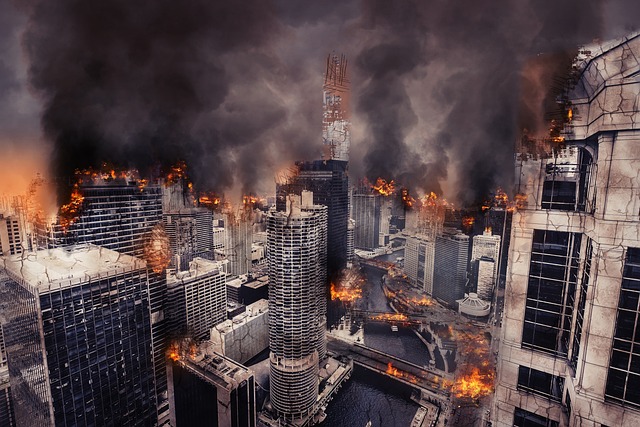
Understanding Illinois Property Disclosure Laws is crucial for both sellers and buyers, especially when dealing with a property that has experienced fire damage in Chicago. In Illinois, selling real estate comes with specific legal obligations to disclose known defects or hazards. This includes previous fires, as well as any ongoing issues related to the incident.
Fire damage, while not always immediately apparent, can leave remnants and potential health risks. Sellers must honestly assess the property’s condition and provide detailed information about any fire-related incidents. Buyers, on the other hand, should thoroughly review disclosure documents and inspect the house to understand the extent of the damage and its current state. This transparency ensures a smooth transaction process and protects both parties from unforeseen issues or legal complications when selling a fire-damaged Chicago home.
What Constitutes Fire Damage for Legal Purposes?

When it comes to selling a fire-damaged property in Chicago, understanding what constitutes legal fire damage is crucial. For residential properties, fire damage refers to any structural or non-structural element affected by a fire, including but not limited to charring, smoke damage, and water damage from firefighting efforts. This can range from burned walls and ceilings to discolored floors and contaminated air ducts.
Legal definitions extend beyond visible signs of damage. Fire damage also encompasses potential hidden hazards like compromised structural integrity, contaminated insulation, or damaged electrical systems. In Chicago, sellers are legally obligated to disclose known fire damage and its extent to buyers, ensuring transparency throughout the selling process. This disclosure is essential for buyers making informed decisions when considering a property that has experienced fire damage, especially in the context of selling fire damage house Chicago.
Sellers' Obligations: What to Reveal Upon Chicago Home Sale
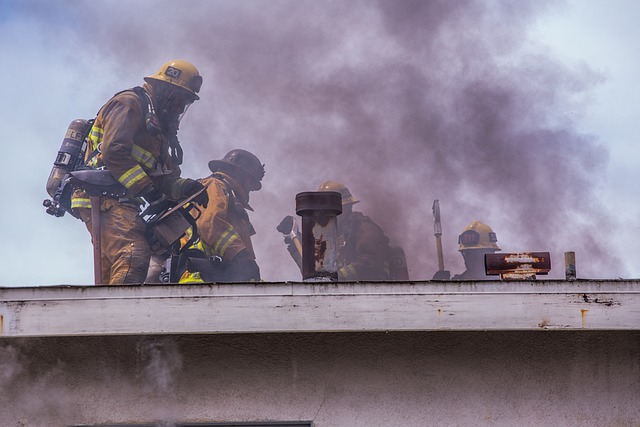
When selling a home in Chicago, sellers have legal obligations to disclose certain information about the property. This includes revealing any significant issues or events that could impact a buyer’s decision. For instance, if there has been fire damage to the house, it’s crucial to inform potential buyers about the extent of the damage and any repairs carried out.
Sellers must provide detailed reports on structural problems, water damage, mold issues, or any other relevant concerns. In Chicago, selling a home with fire damage requires transparency to ensure buyers make informed choices. This not only upholds ethical practices but also helps prevent legal disputes in the future.
Buyers' Rights: Knowing What's Disclosed Before Purchase
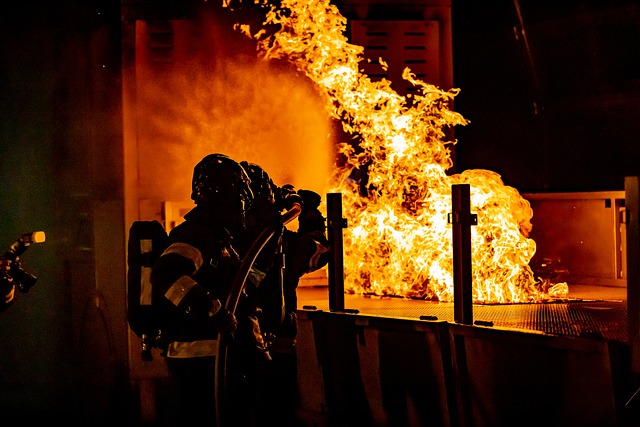
When considering selling a fire-damaged property in Chicago, it’s crucial to understand that buyers have specific rights regarding disclosure. Illinois property disclosure laws mandate that sellers must reveal any known material defects or issues on the property. This includes structural problems, water damage, mold, and yes, even historical fire damage. The goal is to ensure transparency and empower homebuyers to make informed decisions.
Buyers who are purchasing a fire-damaged house in Chicago have the right to know the extent of the damage and how it might impact their investment. Sellers must provide accurate and detailed information about any repairs or remediation efforts, as well as documents related to previous fires. This knowledge allows buyers to assess potential costs for necessary renovations or adjustments to their home insurance policies.
Consequences of Non-Compliance and How to Avoid Them

When selling a property in Chicago, it’s crucial to understand Illinois’ property disclosure laws. Non-compliance can lead to severe consequences, including legal liabilities and potential delays or even failure in the sale. If you’re aware of any issues like fire damage, it’s your responsibility to disclose them accurately on the Property Disclosure Form. Failure to do so could result in a buyer suing for damages if they discover the issue after purchasing the property.
To avoid these pitfalls, be transparent throughout the selling process. Conduct a thorough inspection of your home, documenting any existing issues, including fire damage and its extent. Consult with a professional real estate attorney to ensure you complete the disclosure form correctly. Regular communication with your buyer is also key; discuss any known problems openly so they can make an informed decision. This not only helps prevent legal issues but also fosters trust and could potentially expedite the sale of your fire-damaged Chicago house.
When selling a home in Chicago, adhering to Illinois’ property disclosure laws is crucial to ensuring a smooth transaction. Understanding what constitutes fire damage and the legal implications is essential for sellers, as it involves revealing relevant information about the property’s history. Buyers, too, must be aware of their rights and the potential consequences of non-compliance. By being transparent about any past fire damage, from minor issues to significant structural concerns, both parties can avoid legal pitfalls and make informed decisions when selling or purchasing a home affected by fire in Chicago.

